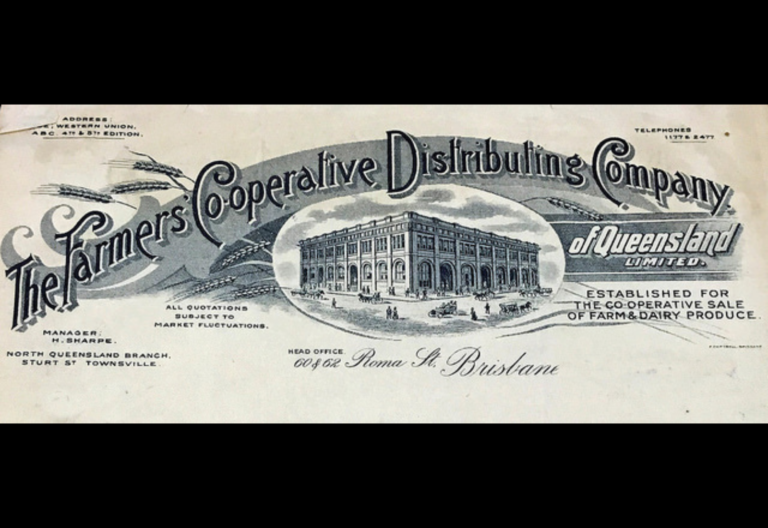
China Law Blog
No Product from China Despite Having Paid for It
Paying Chinese Companies for Product that Never Arrives Two to three times a week, my law firm will get a query from a company that paid for Chinese product and received absolutely nothing. The below is a good example of what we just keep getting. This is an e-mail (modified to hide any possible identifiers)


















